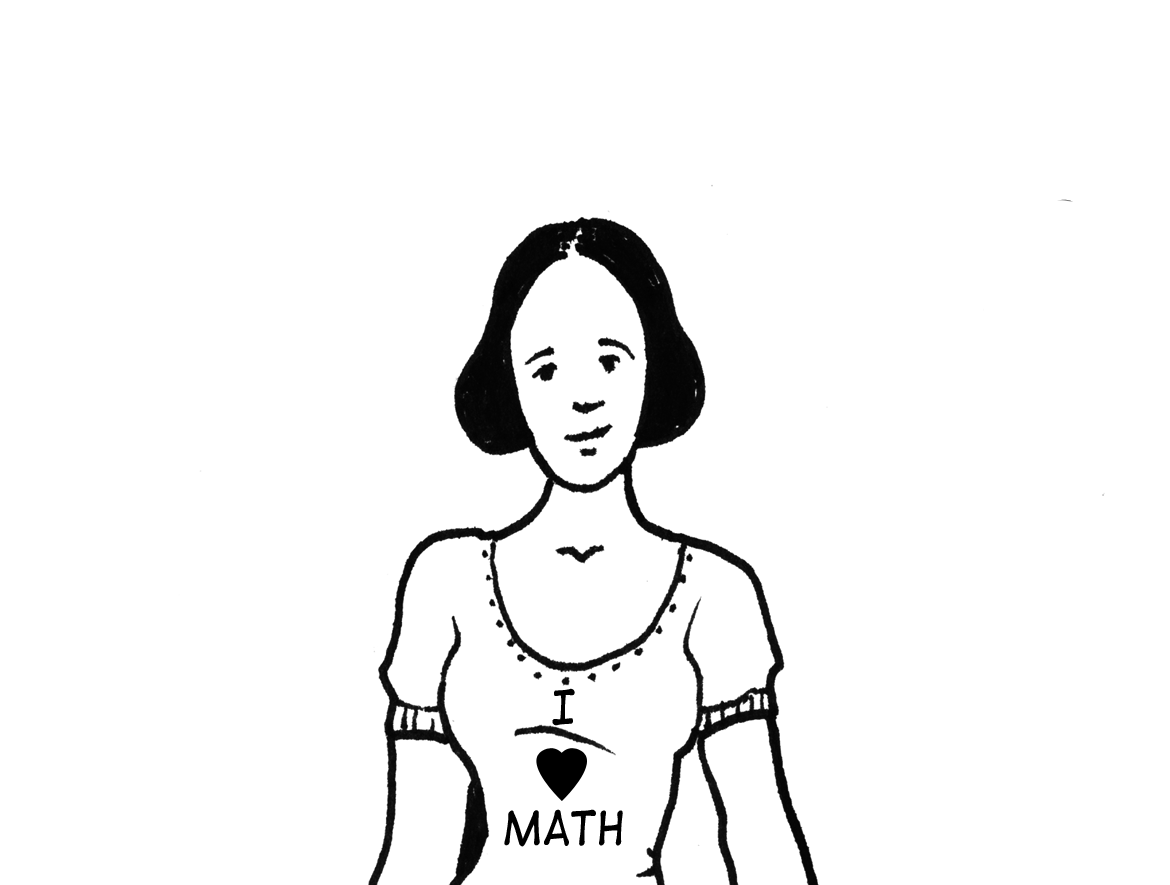
Apparently we still have to talk about the fact that female chefs are women, because the fact that they are women still matters.
There is an artful new Netflix-produced documentary series called “Chef’s Table” that focuses on driven, innovative chefs. I just finished watching the episode about n/naka‘s Niki Nakayama (the only episode I’ve watched so far), and I have a lot of strong responses to what I just saw.

First, it’s worth watching just for the artistry of her food (and coming from the director of Jiro Dreams of Sushi, it’s no surprise that the show is gorgeously shot, edited, and scored). The care toward to n/naka’s customers is equally astounding–notes are kept on what every single guest has eaten, enjoyed, gravitated toward so that Nakayama can provide them a unique experience every time (there is a stand-out scene featuring an intense conversation between Nakayama and her sous-chef Carole, who is also her life partner, about a particular menu where it comes up during their exchange that the guest in question is an eight-year-old boy). Her culinary expressions are strikingly beautiful, and I hope I get to experience her take on kaiseki some day.

Much of the episode dwells on just how hard Nakayama has worked to get to where she is now, including the challenges she has faced due to sexism–in the industry (cooks walking out of an interview when they learn she’s a women, a critic changing how he talks about her food after learning the same), in her culture (Japanese chefs she trained under and vendors she works with talking dismissively about her even as they praise her), in her family (her parents never having career aspirations for their daughters, her older brother STILL unable to actually acknowledge her success).
Nakayama talks about kuyashii, a Japanese word that describes the feeling when someone puts you down and you need to prove them wrong. Over and over she brings up how this feeling has been a driving force her throughout her career before this point, always needing to show others that she could succeed, and it is that tenacity that has gotten her to where she is today. But someone who did not have that fire, who responded differently to other people’s expectations, would have been crushed long before. With that in my mind, some parts of this were really difficult to watch, and I physically ached, especially because the doubts she combatted had nothing to do with her abilities but only her appearance and/or the fact that she was a woman.

At first, I was frustrated that the only episode in this six-episode series featuring a female chef (and person of color–the other five are all white men) spent so much time talking about the issue of gender. In that way, it feels akin to female speakers and panelists at cons always or only being expected to talk about what it means to be a female [fill-in-the-blank]. But in other ways, it would be unrealistic to get so close to a woman in this industry and NOT have gender come up. As the show unfolded, I realized that Nakayama was not the person bringing it up or making it an issue–everyone else was. And the story is still very personal–the specific challenges she faces and the way she overcomes them are unique to her even as those experiences are broadly shared by others.

For what it’s worth, director David Gelb says in an LA Times Q&A that other female chefs were approached and just weren’t available when they were needed for filming; he also acknowledges the unbalanced ratio mirrors that of male and female chefs in the world. And from what I can tell, each episode is about a chef who is particularly obsessive and driven in some way, and Nakayama’s refusal to fail and need to express herself comes across in more than just her response to the low expectations of others. But I can’t help but feel that “Chef’s Table” would have served Niki Nakayama better if it did not de facto force her particular story to stand in for that of all her equally unique female peers. Her gender is not the most interesting thing about her, even if it has had an undeniable impact on shaping her career.
Featured image retrieved from http://www.dailymail.co.uk/wires/ap/article-3049191/Niki-Nakayama-takes-kaiseki-center-stage-Chefs-Table.html: “In this Wednesday, April 15, 2015 photo, chef Niki Nakayama, left, and assistant chef Carole Lida work on plating their kaiseki menu, the traditional Japanese culinary practice at Nakayama’s n/naka restaurant in Los Angeles. Nakayama is one of just six chefs to be profiled on Netflix’s first homegrown documentary series, “Chef’s Table,” which features some of the most innovative chefs cooking today. (AP Photo/Damian Dovarganes)”



